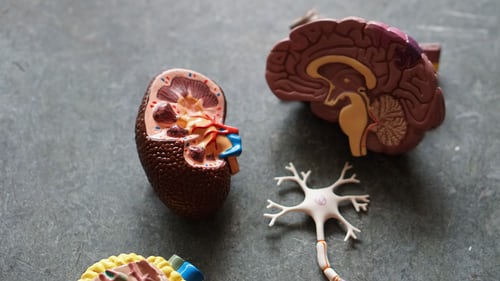The kidneys play a very important role in the body. They rid the blood of metabolic waste produced by the cells. Kidney dysfunction can be responsible for many diseases, including kidney failure. Kidney failure is a very serious disease that can even destroy the kidneys. When a patient is diagnosed with kidney failure, it is advisable to get proper care. In this article, follow some tips on how to effectively treat kidney failure.
Controlling hypertension and proteinuria

To stop or slow down the destructive effects of kidney failure, blood pressure should be checked regularly. This is because all diseases that affect the blood vessels have an impact on the kidneys. For this reason, it is important to monitor your blood pressure to avoid high blood pressure. The latter worsens the condition of the kidneys during kidney failure. Blood pressure should be maintained at 130/80 mm Hg. To achieve this, salt consumption in the diet must be reduced and a lot of physical exercise must be done. As far as protein intake is concerned, it is advisable to follow one’s diet carefully in order to considerably reduce the intake of protein in the body. Proteins are tiring for the kidneys because of their composition. It is therefore important to ensure that residual proteinuria is less than 0.5 g/d.
Use of replacement therapy
Before resorting to replacement therapy, it is first necessary to treat the effects of renal failure. Indeed, renal failure leads to a reduction in the number of red blood cells in the body, which results in anaemia. Therefore, to reduce the effects of kidney failure, it is necessary to eat foods rich in vitamins and iron. Kidney failure also causes metabolic dysfunction by increasing phosphorus levels and reducing calciun levels in the blood. In this case, it is advisable to consume more calcium-rich and low phosphorus foods. Dialysis, which works like an artificial kidney and purifies the blood, or a kidney transplant is the most common treatment for kidney failure.

